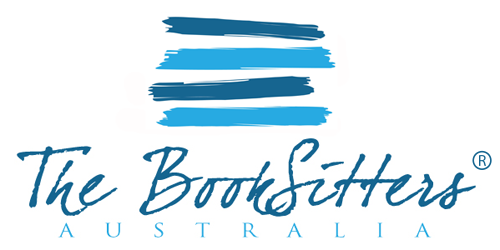How to set your small business payment terms
How to set your small business payment terms
Healthy cash flow is important for any business, but particularly for small business owners in those first few “make it or break it” years.
Business owners who set clear payment terms with their customers, invoice quickly, and follow up on late payment can avoid the dreaded cash flow crunch that can quickly put them out of business.
These simple guidelines for setting payment terms can help you get paid quickly and maintain a steady cash flow.
Decide on your terms
The purpose of your payment terms is to outline exactly how and when your customers must pay you.
Some business owners draw up a document to share with potential customers outlining their fees and terms. Others just include them in their work contracts and invoices.
However you decide to communicate your payment terms with customers, make sure they include:
- when payment is due
- accepted forms of payment (i.e. cash, credit, debit, Paypal, e-transfer)
- your preferred currency (if you serve international customers) and
- early payment discounts and/or late penalties
Payment now, NET10 or NET30?
In the business world it’s customary to be paid within 30 days of invoicing. However, as a small business owner you can set the payment terms that suit you best.
If you’re a freelancer, you might require partial payment up front with the balance due upon completion of services. Depending on the industry standard and whether your clients pay electronically or by cheque, you might stipulate a shorter or longer payment deadline.
In the digital age it’s not uncommon for small business owners to set a NET10 or NET 14 deadline – or to negotiate payment terms on a client-by-client basis.
Taking into account what works best for you and your customers and being clear about expectations will make it more likely you’ll be paid on time.
When to invoice – and when to follow up
It’s in your best interest to invoice immediately. After all, the sooner you request payment, the quicker you’ll receive it.
Some small business owners offer an early payment discount as an incentive to pay faster – typically for NET30 invoices at a rate of 1.5-2%. Many customers will appreciate the opportunity to save money, and many business owners don’t miss the small amount taken off the bill.
Customers who routinely pay late may be motivated by a late payment penalty – also in the 1-2% range of an early payment discount.
Make it a policy to email a friendly reminder on the date payment is due. If payment is late, follow up with a phone call the next day to find out when you can expect payment.
Final tips
- Take advantage of cloud-based accounting software (such as Xero or MYOB) that can be accessed anywhere there’s an internet connection, including via your smart phone, to generate invoices
- Be willing to negotiate with late payers; partial payment is better than not being paid at all.
- Make sure you have the correct name on your client’s invoice to avoid payment delays.
Having clear payment terms outlined on paper can help avoid misunderstandings and frustrating payment delays.
And should you ever need to take legal action to deal with a late payer, having documented evidence that you clearly communicated your payment terms up front will be in your best interest.
Bookkeeping Services
Having your accountant or bookkeeper assist you with your payment terms will ensure you feel comfortable using bookkeeping software to invoice your customers. The information and insight a bookkeeper can provide will go a long way in ensuring you are paid on time – ultimately helping you to track cash flow!
Our aim is to “paint the picture behind your numbers” in order to show you how your business is performing and plan for the future. As a team we are passionate about the success of small business in Australia and can help to answer any questions you may have.
Whether you’re just after some financial advice, bookkeeping tips, basic bookkeeping services or assistance selecting an accounting package such as MYOB, Xero, Quickbooks Online or Receipt Bank, we are happy to help!
See below for our bookkeeper locations.
Our Bookkeepers
Justine Day: Southern Highlands / Bowral Bookkeeper
Petra Austing: Southern Highlands / Bowral Bookkeeper
Amanda Graham: Gold Coast Bookkeeper
Karin Evans: Gold Coast Bookkeeper
Pru Hall: Wollongong Bookkeeper
Jackie Short: Canberra Bookkeeper

